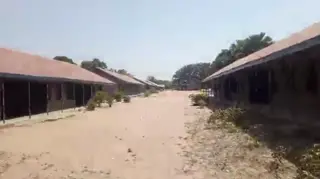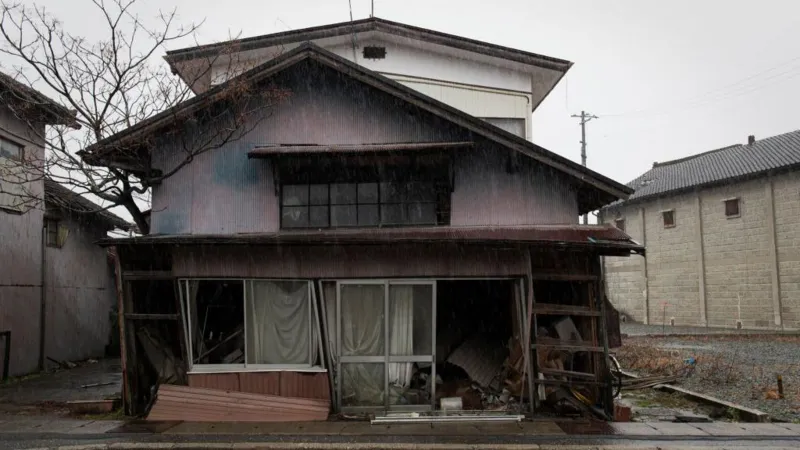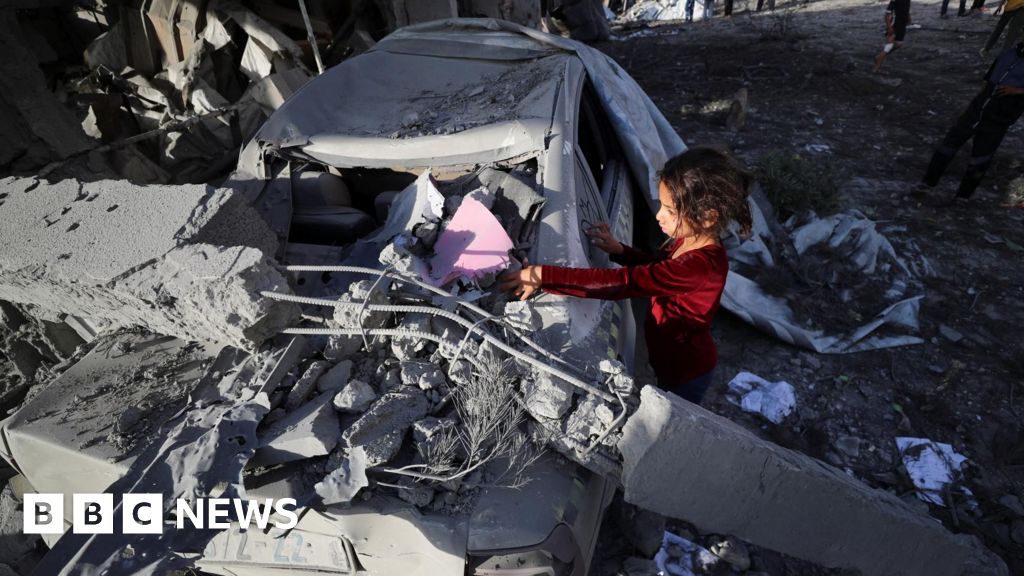Alex Smith,
Chris Ewokor,BBC Africa, Abuja and
Elettra Neysmith
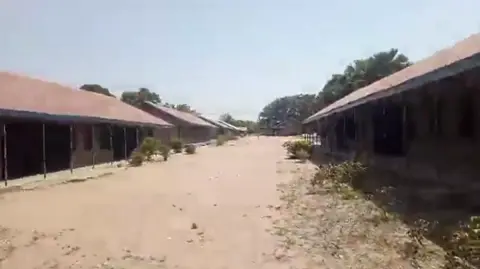 BBC
BBCMore than 300 children and staff are now thought to have been kidnapped by gunmen from a Catholic school in central Nigeria, making it one of the worst mass abductions the country has seen.
The Christian Association of Nigeria said 303 students and 12 teachers were taken from on St Mary’s School in Papiri, Niger state – substantially more than previously estimated.
It said the figures have been revised upwards “after a verification exercise”.
The kidnapping comes amid a surge of attacks by armed groups. The revised number of people taken surpasses the 276 abducted during the infamous Chibok kidnappings of 2014.
Local police said armed men stormed the school at around 02:00 local time (01:00 GMT) on Friday morning, abducting students who were staying there.
Dominic Adamu, whose daughters attend the school but were not taken, told the BBC: “Everybody is weak… it took everybody by surprise.”
One distressed woman tearfully told the BBC that her nieces, aged six and 13, had been kidnapped, adding: “I just want them to come home.”
Police said that security agencies were “combing the forests with a view to rescue the abducted students”.
It was initially reported that 215 pupils had been taken – but that figure has since been revised upwards. The new number is believed to be almost half of the school’s student population, the news agency AFP reports.
Authorities in Niger state said the school had disregarded an order to close all boarding facilities following intelligence warnings of a heightened risk of attacks.
They said in a statement the move exposed pupils and staff to “avoidable risk”. The school has not commented on that claim.
The kidnapping of people for ransom by criminal gangs, known locally as bandits, has become a major problem in many parts of Nigeria.
The payment of ransoms has been outlawed in an attempt to cut the supply of money to the criminal gangs – but this has had little effect.
Friday’s mass abduction was the third such attack in the country in a week.
On Monday, more than 20 schoolgirls, who the BBC has been told are Muslim, were kidnapped from a boarding school in neighbouring Kebbi state.
A church was also attacked further south, in Kwara state, with two people killed and 38 others abducted.
Nigerian President Bola Tinubu has postponed his foreign trips – including to this weekend’s G20 summit in South Africa – in order to address the security concerns.
The central government has ordered more than 40 federal colleges to close and public schools in some states have been shut.
But the rising insecurity is fuelling anger as well as fear in Nigeria, with citizens demanding stronger action to protect children and communities.
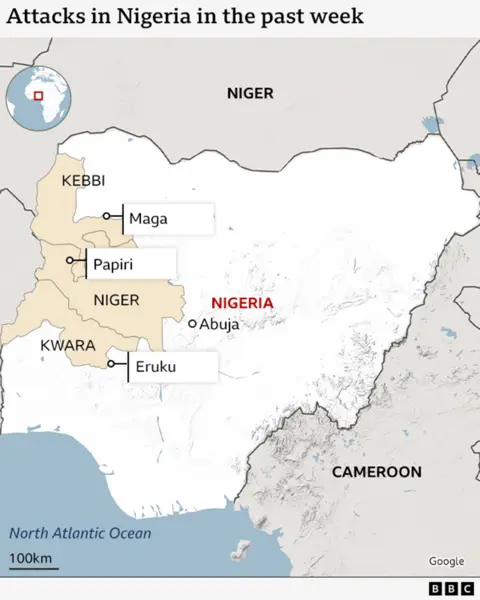
The mass abduction follows claims by right-wing figures in the US, including President Donald Trump, that Christians are being persecuted in Nigeria – an allegation dismissed by the Nigerian government.
For months, campaigners and politicians in Washington have been alleging that Islamist militants are systematically targeting Christians in Nigeria.
Earlier this month, Trump said he would send troops into Nigeria “guns a-blazing” if the African nation’s government “continues to allow the killing of Christians”.
The Nigerian government has called claims that Christians are being persecuted “a gross misrepresentation of reality”.
An official said that “terrorists attack all who reject their murderous ideology – Muslims, Christians and those of no faith alike”.
In the north-east, jihadist groups have been battling the state for more than a decade.
Organisations monitoring violence say most of the victims of these groups are Muslim because most attacks happen in the majority Muslim north of the country.
In the centre of Nigeria, there are also frequently deadly attacks between herders – who are mostly Muslim – on farmers, who are largely Christian.
However, analysts say these are often motivated by competition for resources, such as water or land, rather than religion.
